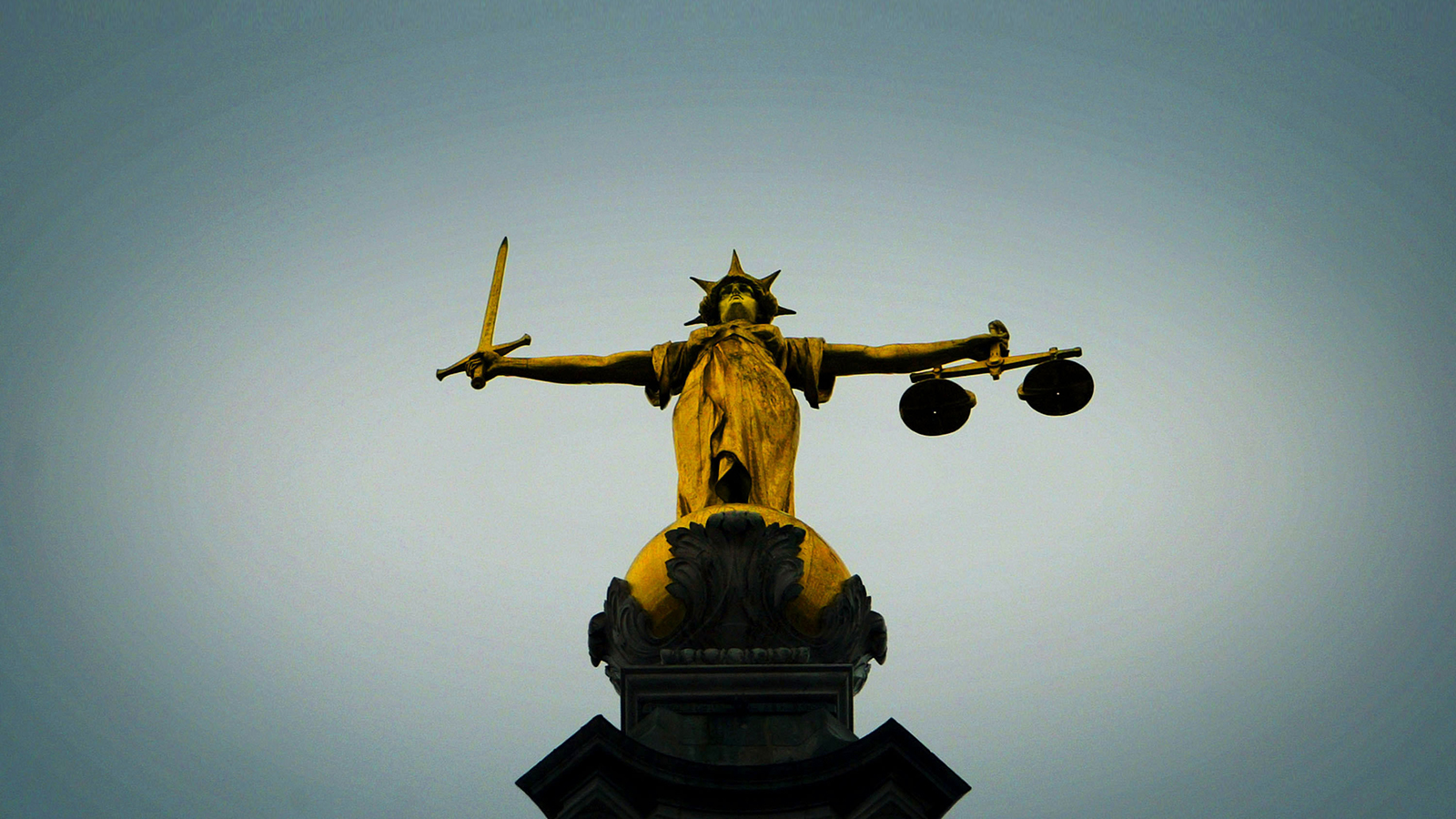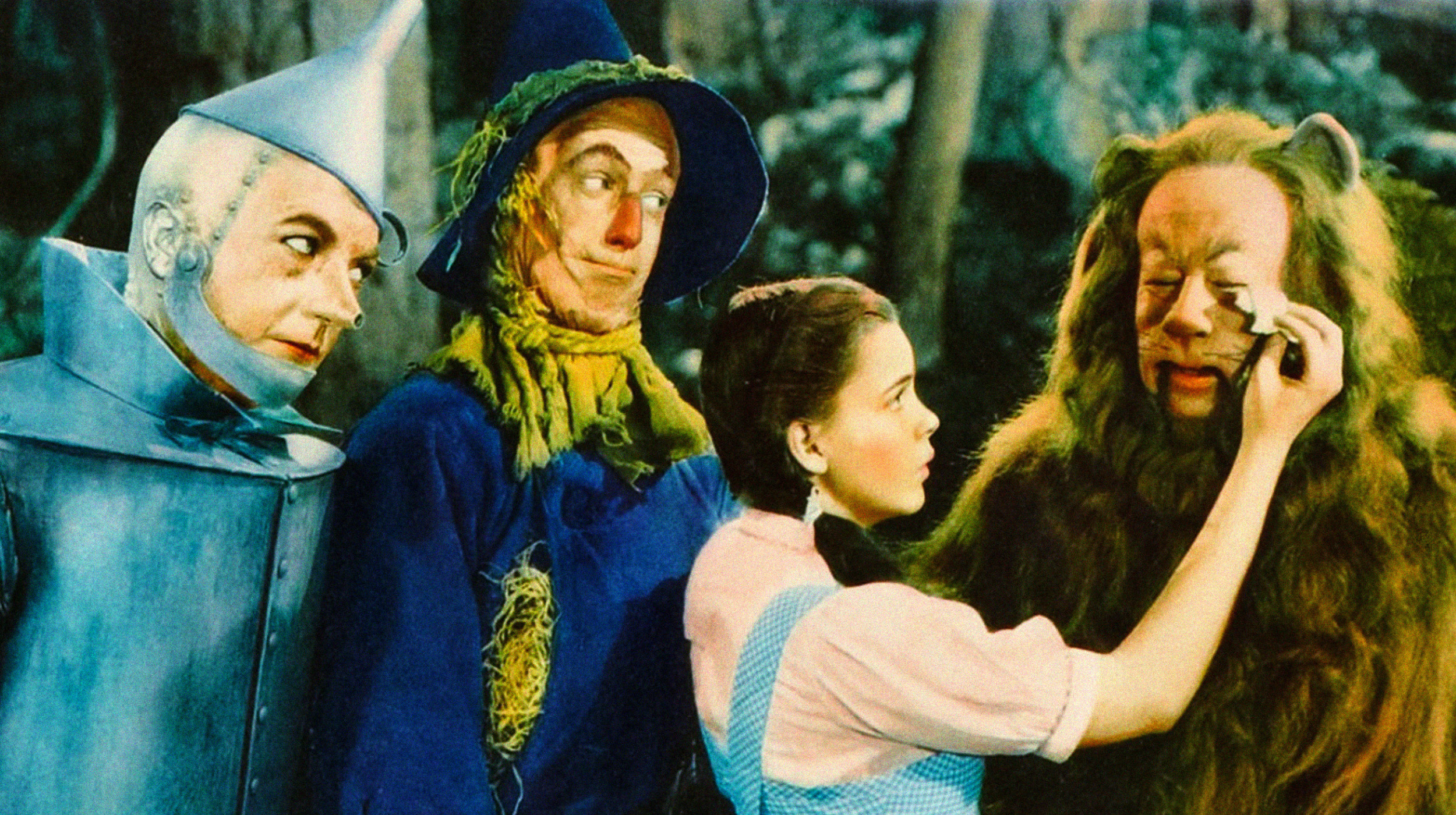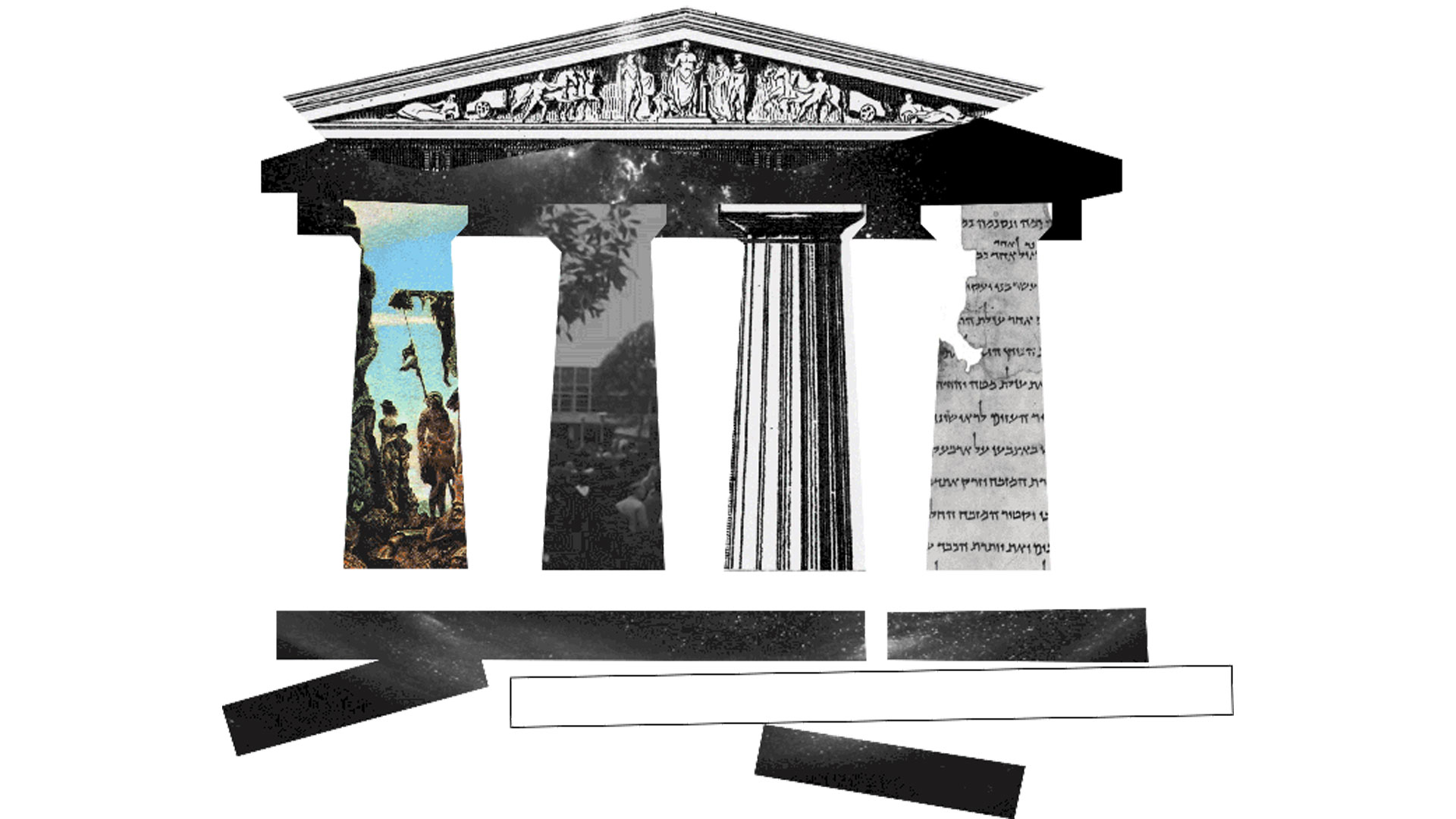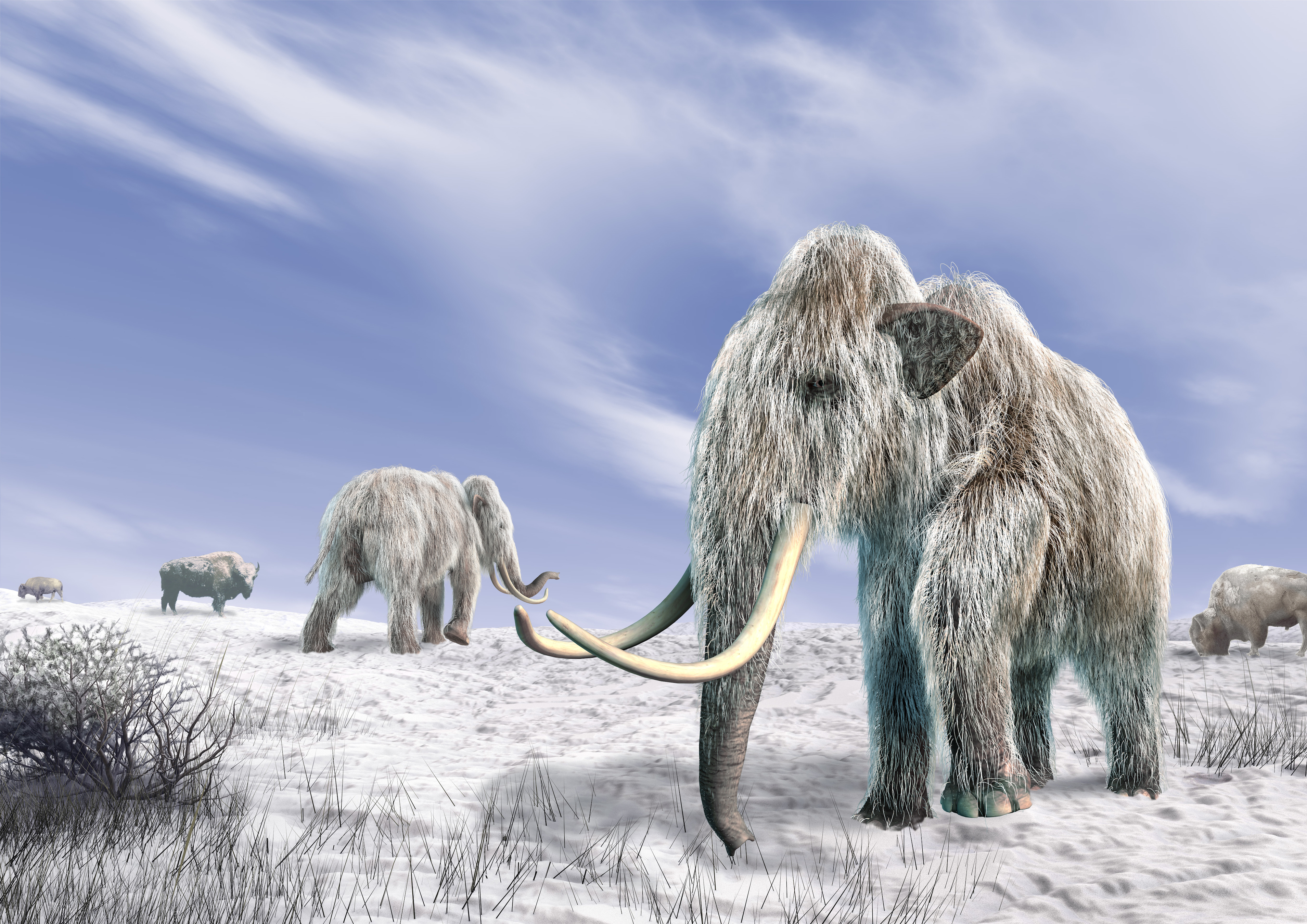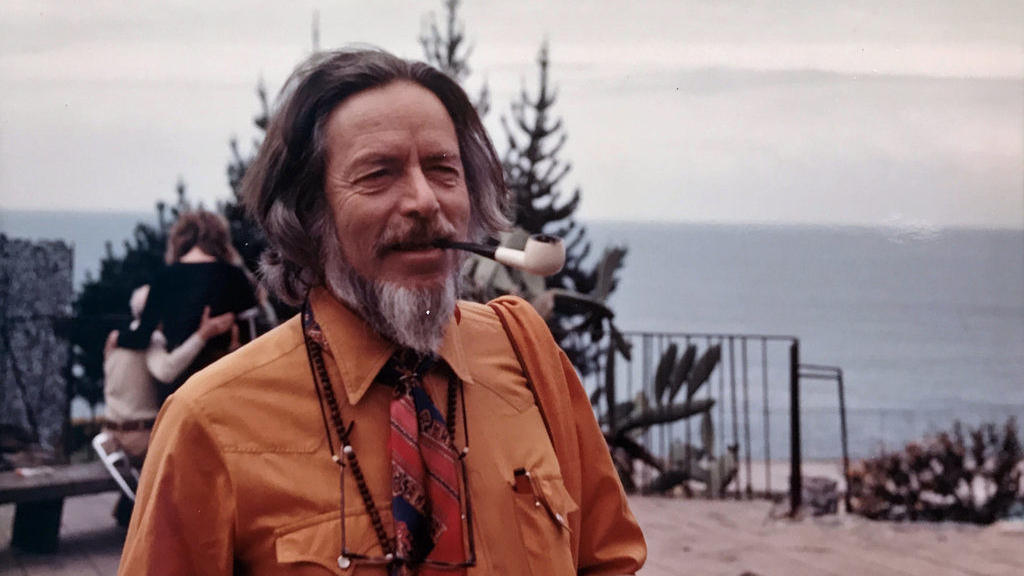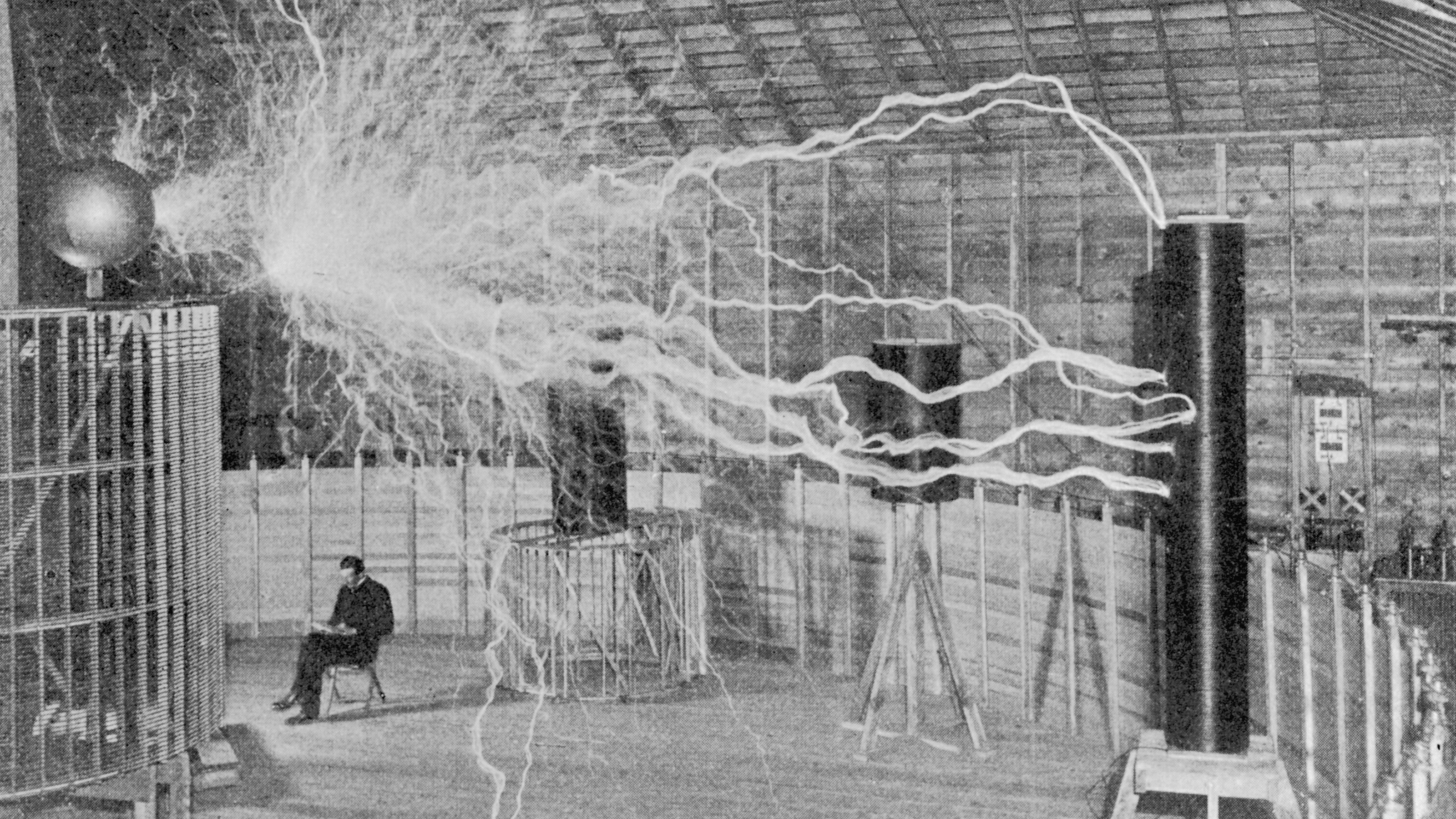books
This is a perversion of justice.
The crabs’ blue blood contains an ancient immune defense mechanism that has helped save countless human lives.
Reading between the lines of Dorothy’s adventure to the Emerald City.
Progress got derailed somewhere between indoor plumbing and the flying car. Why?
Books that were rarely taught in 1963, when baby boomers were students, became classics when those same boomers were teachers and parents.
Just a small gesture or a thoughtful comment can often alter a situation, or people’s perceptions of it, in ways that relieve tensions and make them feel appreciated and included.
The Industrial Revolution changed music forever, thanks to a combination of technological advances and clever entrepreneurs.
Our concept of “failure” is way too narrow.
Anything, good or bad, about Henry Ford can be contradicted — except his ambition and his work.
One book will gather all topics on the search for life in the Cosmos.
Fire-breathing dragons may represent chaos and the human impulse to conquer that threat.
Spaceguard shows that we can manage risks to the extinction of humanity — if only we put our mind to it.
What creates our private, inner universes is still a mystery.
The Arabic word fatwa can mean “explanation” or “clarification.”
We will become billions of people who share a single vast intellect.
Short-termism is both rooted in our most primal instincts and encouraged by runaway technological development. How can we fight it?
For a time, Francis Fukuyama looked like a prophet.
Nietzsche both wished he was as stupid as a cow so he wouldn’t have to contemplate existence, and pitied cows for being so stupid that they couldn’t contemplate existence.
It is through speaking and listening that human beings become who they are.
Uploading your mind is not a pathway to immortality. Instead, it will create a possibly hostile digital doppelgänger.
Moral panics about the content of children’s cartoons and other forms of entertainment have a long history.
There are two conceptions of free will: “straight” and “mixed.”
Mammals have a history stretching back 325 million years. To study that ancient history is to know our own origins.
Anxieties about being identified will be superseded by fears of being analyzed.
Since at least 600 BC, people have been mesmerized by the concept of the infinite.
The English writer left behind a mind-expanding collection of books.
Can we stop mass shootings? The first step is collecting data, and these authors have done just that.
“The Soul of a New Machine” provides a rare level of insight into the minds and decisions of humanity’s greatest thinkers.
